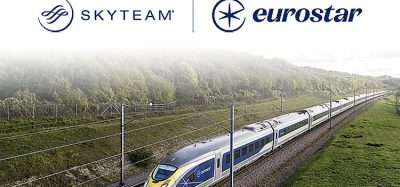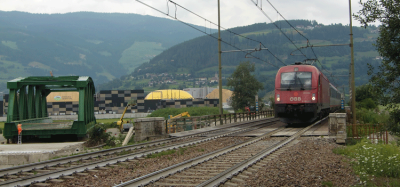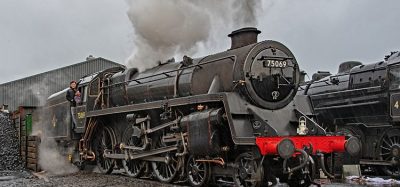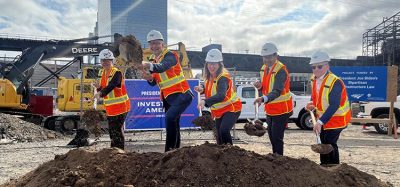Hydrogen train tests in the Netherlands successfully meets objectives
Posted: 30 September 2020 | Global Railway Review | No comments yet
A report on the tests of Alstom’s Coradia iLint trains has found that the hydrogen train is a fully viable alternative to diesel equipment.
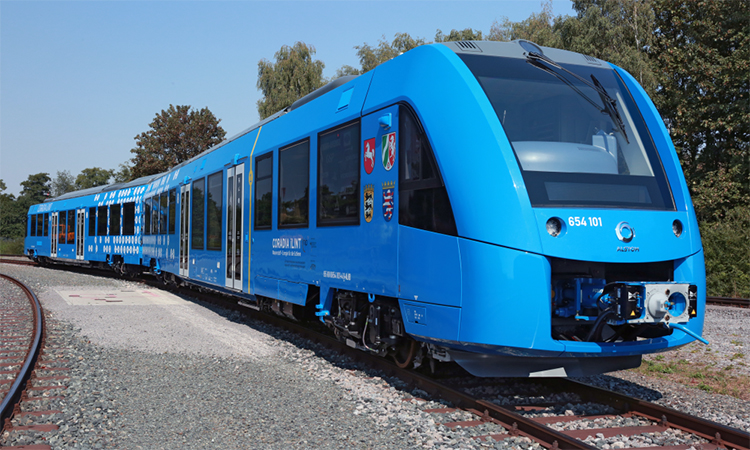

Credit: Alstom
The Province of Groningen has published a report outlining the results of the Coradia iLint tests performed in March 2020 on the 65km of line between Groningen and Leeuwarden in the north of the Netherlands. The tests aimed to investigate whether a hydrogen fuel cell train could be a fully sustainable alternative to the diesel trains currently running in the northern part of the country.
Alstom’s hydrogen train has been extensively tested by the Province of Groningen operator Arriva, the Dutch railway infrastructure manager ProRail and the energy company Engie. DEKRA, an independent testing inspection and certification company, was the test leader, and the tests took place without passengers.
The report states that Alstom’s hydrogen train has successfully met the four objectives of the test frame: Authorisation by the Dutch National Safety Assessor (NSA) to run on the Dutch railway network fully emission-free; perfectly fitting the commercial service of the current timetable; quick and easy refuelling; and familiarisation of the general public to hydrogen mobility.
Managing Director of Alstom Benelux, Bernard Belvaux, said: “After Germany, the Netherlands is the second country in Europe where Alstom’s hydrogen train has proven itself as a unique emissions-free solution for non-electrified lines. The tests have demonstrated how our hydrogen train is mature in terms of availability and reliability, providing the same performance as diesel equipment, and with the benefit of low noise and zero emissions. The Coradia iLint hydrogen train supports the transition towards global sustainable transport systems.”
Regarding the commercial service performance: Both the stop timetable (all stations) and the express timetable have been tested successfully. Hydrogen consumption, infrastructure compatibility, acceleration, braking, docking, maximal speed, performance of the auxiliaries – all operations were performed without problems.
The Dutch drivers found the behaviour of the train comfortable, smooth and easy to drive. Refuelling with hydrogen went faster than expected and was performed safely. Moreover, this zero-emission train is significantly quieter than the current diesel trains. This was confirmed during the tests and is a significant benefit for the passengers and inhabitants on the line.
The report concludes that the goals have all been achieved and that the hydrogen train is a fully viable alternative to diesel equipment.
Related topics
Diesel Locomotives, Hydrogen Trains, Noise & Vibrations, Operational Performance, Rolling Stock Orders/Developments, Sustainability/Decarbonisation



